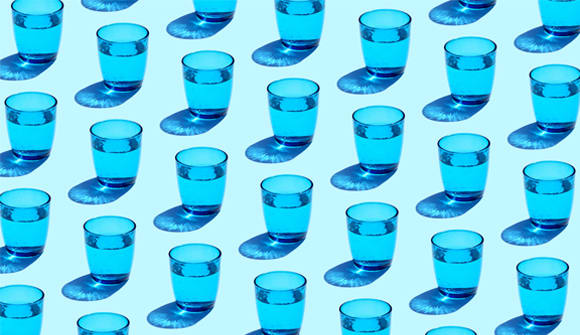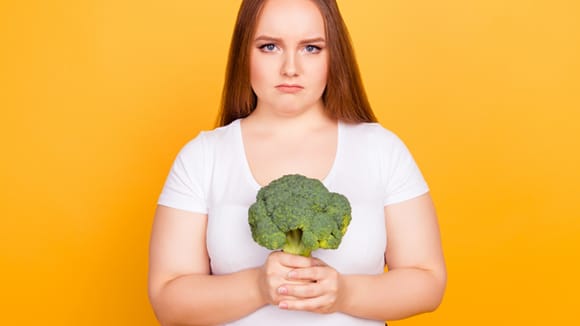Hydration helpers
Defeat dehydration and avoid the ER.
Article Date:

You’ve likely heard your body is made up of 60% water. It regulates body temperature, protects the spinal cord, helps joints move smoothly and so much more. Now, doctors are urging people to pay more attention to their water intake due to a nationwide shortage of intravenous (IV) fluid, which is the treatment for dehydration in ERs and hospitals.
The good news? You can easily incorporate hydration-boosting foods and fluids into your daily routine.
How much water do you need?
Many of us grew up hearing you’re supposed to drink eight, 8-ounce glasses of water each day. But it turns out that rule of thumb doesn’t really apply to everyone.
“The amount you need to drink depends on age, gender, activity level and overall health,” said Michael McCann, DO, an emergency medicine specialist with Emergency Resources Group who treats patients at Baptist Emergency Centers. “Generally speaking, aim for eight glasses a day, more if you’re exercising or in the heat. Pregnant and breastfeeding women should increase that to 12 cups per day.”
Signs of dehydration
If your body’s water tank is running on E, here are the signs it’ll send you as a nudge to start sipping:
Drink this, not that
What about all the products – think sports drinks and so-called “hydration boosters” – that claim to do it better than water? Dr. McCann said there’s a time and place for those, but they’re not necessary for most people.
“Certain sports drinks contain a lot of sugar and sodium, so we’d only recommend them for someone who is sweating a lot from strenuous activity, like a long sports practice or game,” said Dr. McCann. “For day-to-day use, we’d recommend a product like Pedialyte because it’s lower in sugar and contains more electrolytes than most sports drinks.”
Additionally, Dr. McCann recommended avoiding caffeine and alcohol, as both can lead to dehydration.
Refuel with fruits and vegetables
It’s not only about what you eat; foods can provide a major boost to hydration, too.
Some of the most hydrating fruits and vegetables are:
- Watermelon
- Strawberries
- Oranges
- Cucumbers
- Carrots
- Celery
You can also try slurping up some brothy soup to get some additional liquid.
Fruits and vegetables also happen to contain the four main electrolytes the body needs to stay hydrated: sodium, phosphorus, magnesium and calcium. Eating a well-rounded diet that includes fruits and veggies each day goes a long way in making sure your body has adequate hydration.
If you’re struggling to stay hydrated on a day-to-day basis, your primary care physician can work with you to make lifestyle changes to help. To find the right provider for you, call 904.202.4YOU or fill out the appointment request form. If you are having severe or life-threatening symptoms of dehydration, call 911 or visit the closest emergency room.



